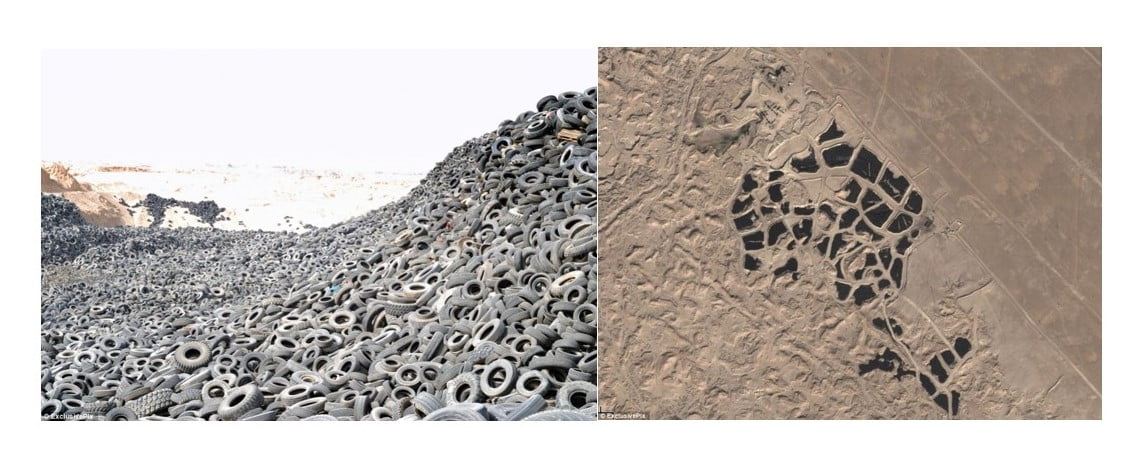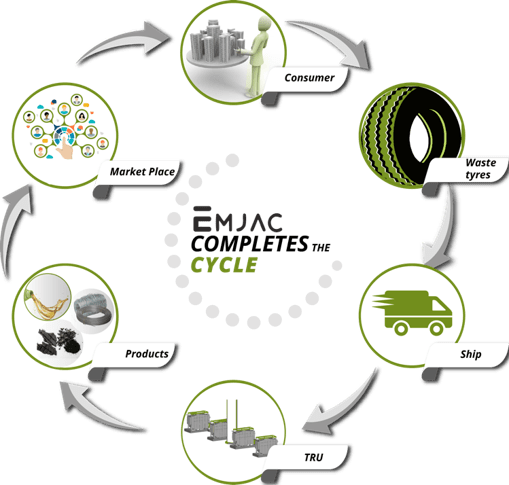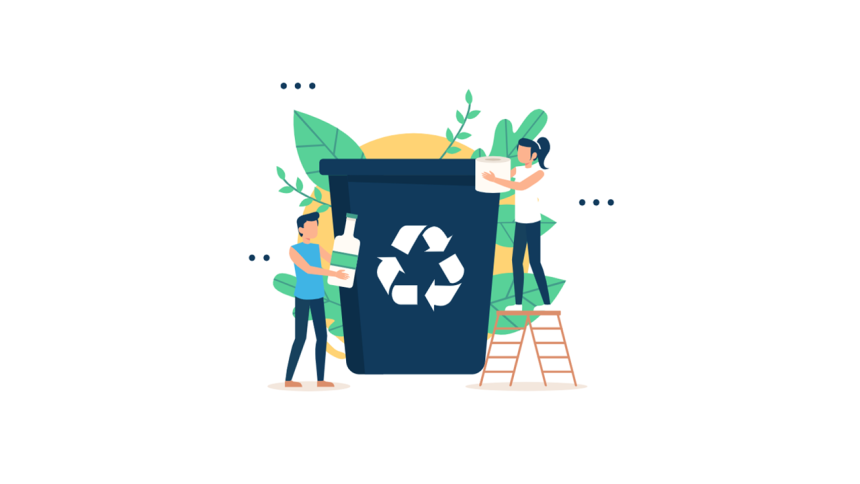Reason to trust

How Our News is Made
Strict editorial policy that focuses on accuracy, relevance, and impartiality
Ad discliamer
Morbi pretium leo et nisl aliquam mollis. Quisque arcu lorem, ultricies quis pellentesque nec, ullamcorper eu odio.
Waste management (or waste disposal) are the activities and actions required to manage waste from its inception to its final disposal. This includes the collection, transport, treatment and disposal of waste, together with monitoring and regulation of the waste management process.
Waste can be solid, liquid, or gas and each type have different methods of disposal and management. Waste management deals with all types of waste, including industrial, biological and household. In some cases, waste can pose a threat to human health. Waste is produced by human activity, for example, the extraction and processing of raw materials. Waste management is intended to reduce the adverse effects of waste on human health, the environment or aesthetics.
The world generates 2.01 billion tonnes of municipal solid waste annually, with at least 33 percent of that—extremely conservatively—not managed in an environmentally safe manner. Worldwide, waste generated per person per day averages 0.74 kilograms but ranges widely, from 0.11 to 4.54 kilograms. Though they only account for 16 percent of the world’s population, high-income countries generate about 34 percent, or 683 million tonnes, of the world’s waste.
Tire recycling, or rubber recycling, is the process of recycling waste tires that are no longer suitable for use on vehicles due to wear or irreparable damage. These tires are a challenging source of waste, due to the large volume produced, the durability of the tires, and the components in the tire are ecologically problematic.
 World’s biggest tyre graveyard: Incredible images of Kuwaiti landfill site that is home to SEVEN MILLION wheels and so huge it can be seen from space
World’s biggest tyre graveyard: Incredible images of Kuwaiti landfill site that is home to SEVEN MILLION wheels and so huge it can be seen from space
Because tires are highly durable and non-biodegradable, they can consume valued space in landfills. In 1990, it was estimated that over 1 billion scrap tires were in stockpiles in the United States. As of 2015, only 67 million tires remain in stockpiles. From 1994 to 2010, the European Union increased the number of tires recycled from 25% of annual discards to nearly 95%, with roughly half of the end-of-life tires used for energy, mostly in cement manufacturing.
In 2017, 13% of U.S. tires removed from their primary use were sold in the used tire market. Of the tires that were scrapped, 43% were burnt as tire-derived fuel, with cement manufacturing the largest user, another 25% were used to make ground rubber, 8% were used in civil engineering projects, 17% were disposed of in landfills and 8% had other uses.
With all these challenges, there are organizations currently involved in tackling the waste epidemic with blockchain solutions and are laying the groundwork for scalable blockchain applications to reduce the waste burden globally. They are aiming at using blockchain to incentivize better recycling and waste sorting.
Blockchain
A blockchain is a time-stamped series of immutable records of data that is managed by a cluster of computers not owned by any single entity. Each of these blocks of data is secured and bound to each other using cryptographic principles.
Blockchain simplifies the supply chain and creates a more efficient, transparent, and trustworthy system for a plethora of transaction types. With the application of this validation and tracking technology to waste management, we could see a system with more accountability on the consumer, company, and the waste management industry as a whole. With this system in place, the coffee cup or pizza box you throw in the recycling bin could really make the world cleaner and more sustainable.
Blockchain technology can also be used in other waste management industries and plays a pivotal role in ensuring that recyclables do not end up in a landfill. Digital tracking of data allows for deeper analyses of supply chains. Utilising this technology, greater efficiencies can be gained and roque activity marginalised. Such activity has been prevalent in the tire recycling industry across the globe.
EMJAC is a blockchain solution company with a focus on employing state-of-the-art blockchain technology to provide transparency and traceability across the logistics flow of recycled tyres supply chain.

Through blockchain, EMJAC will enhance the transparency and traceability of global waste tyres management to reduce illegal dumping, ensure accountability of logistics and production, environment protection, and to ensure the trapped energy and carbon in the waste tyres are fully recovered and reused. As a global company, EMJAC will be building its technology on top of the Ethereum blockchain, using the TRU technology.
The TRU technology, according to the EMJAC whitepaper, will recover 100% of waste tyres into 4 valuable commodities: 45% refined diesel, 35% refined carbon black, 10%, steel wires and 10% synthetic gas.
The role blockchain technology will play in the efficient waste management space is tremendous. Being an early player, EMJAC is committed to bringing this prototype of efficient tyre recycling into a fully working product.



























